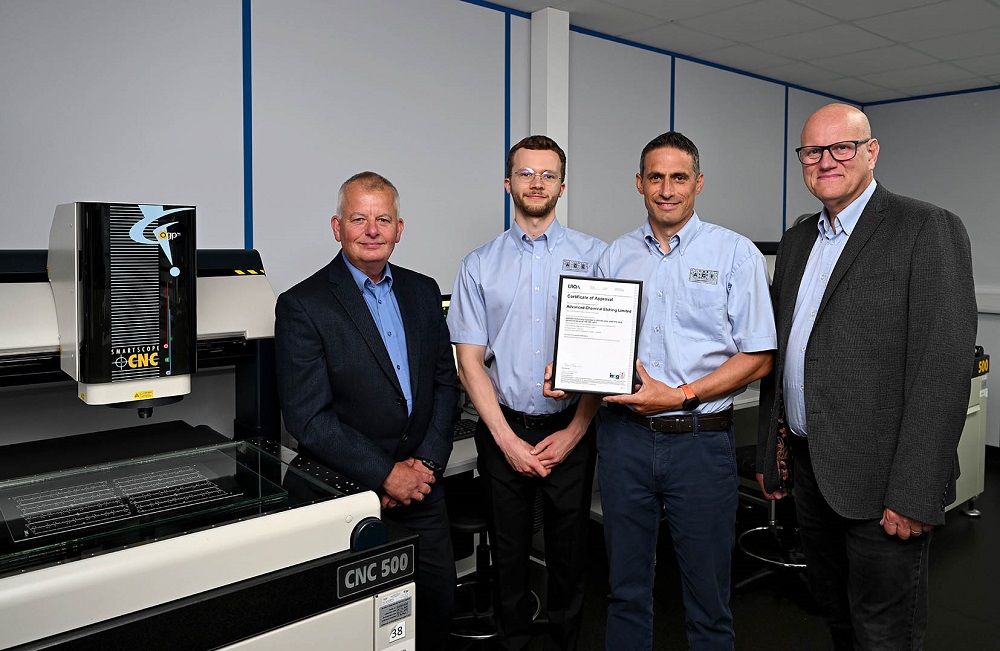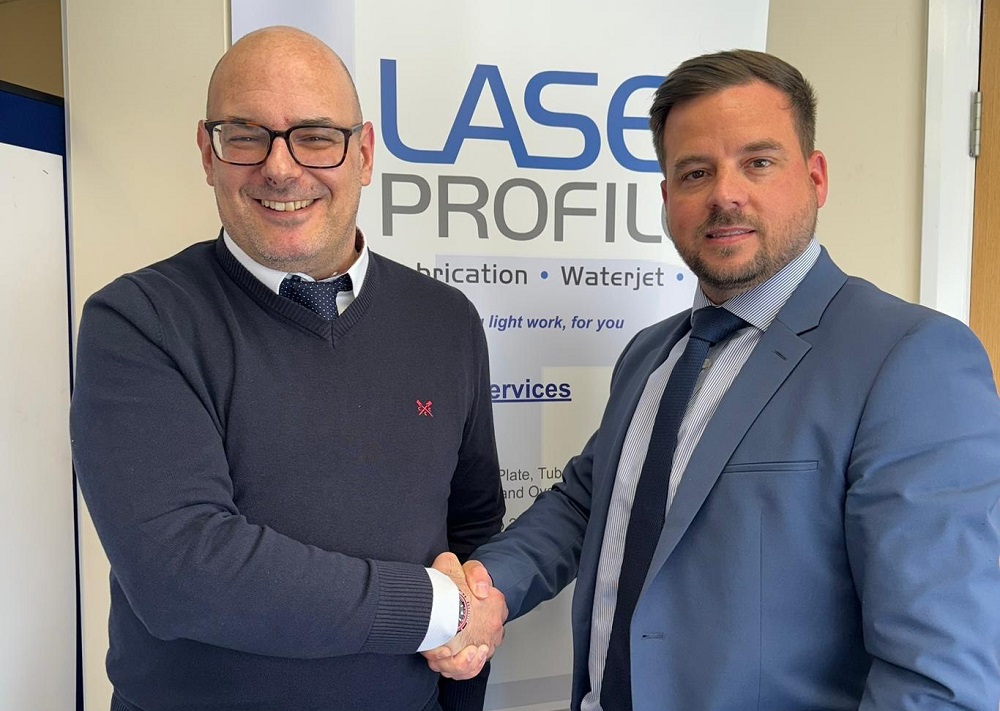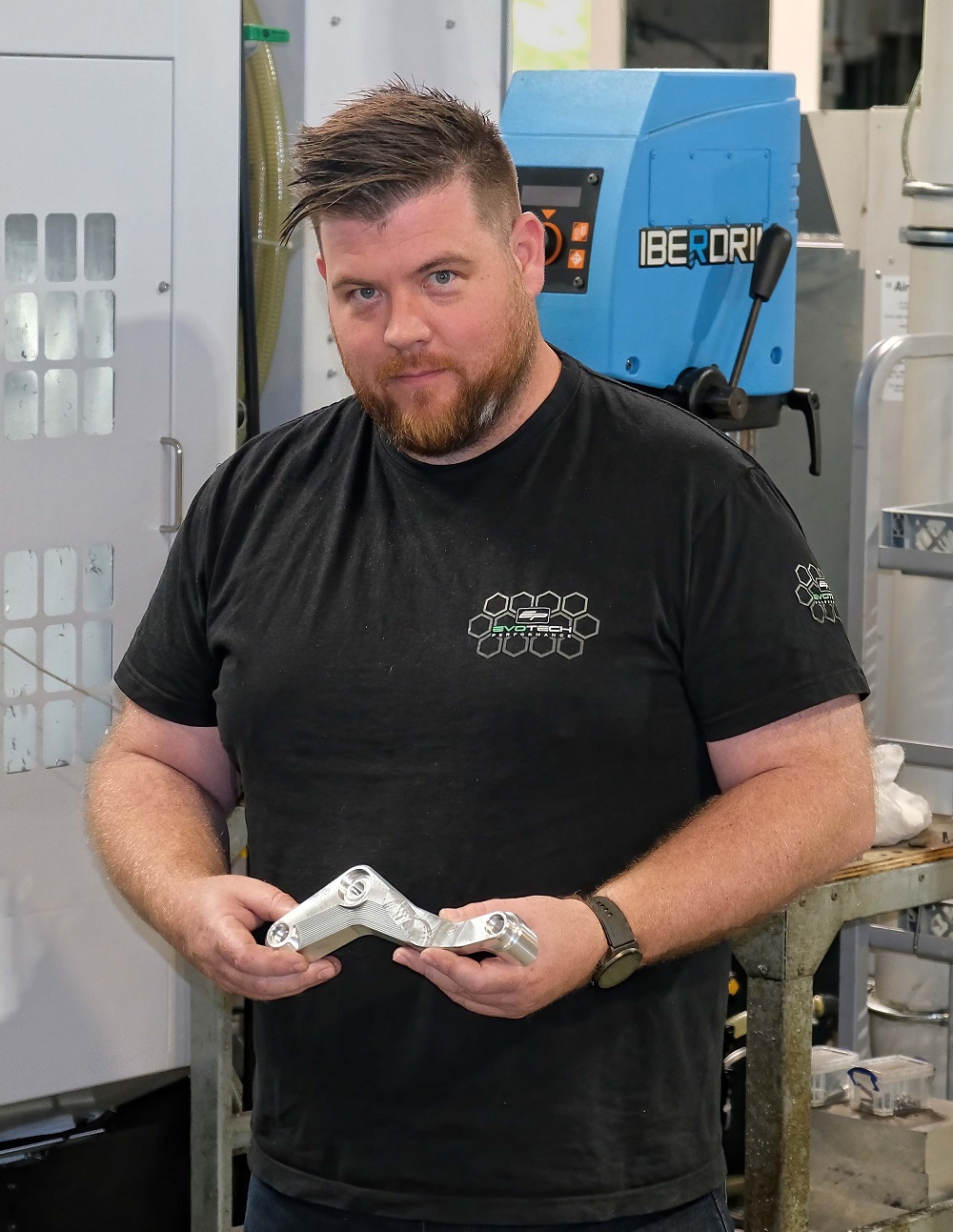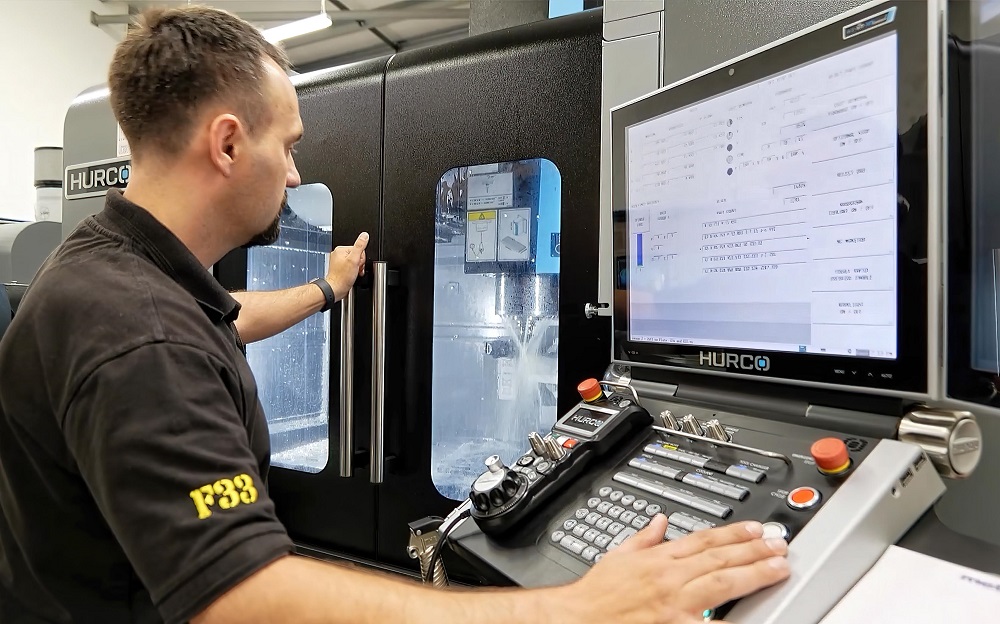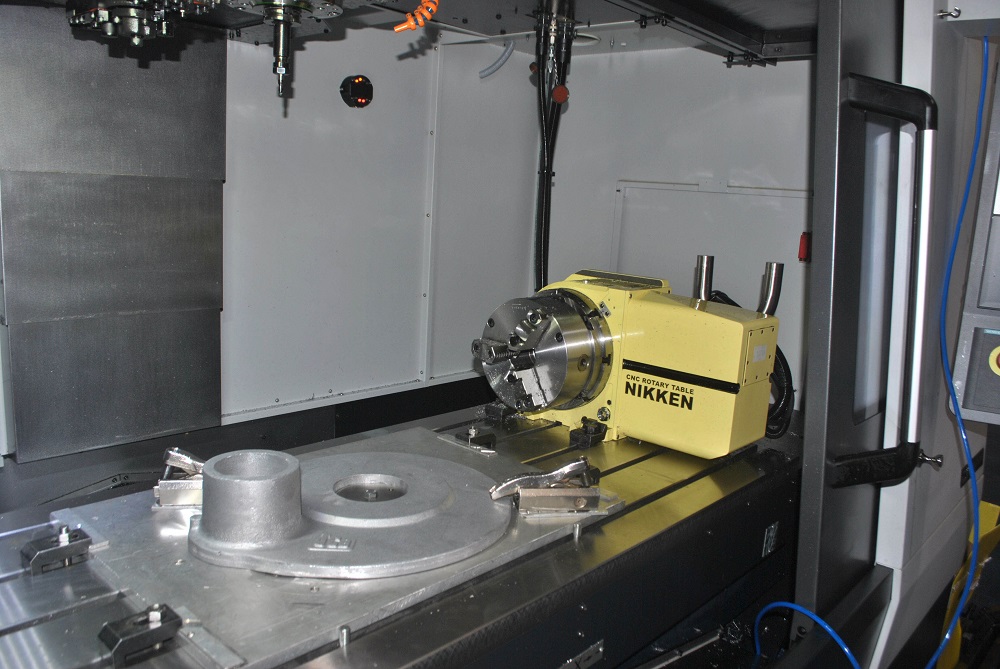Mills CNC has supplied Barrs Court Engineering, a precision machining and fabrication subcontract specialist based in Herefordshire, with a new DN Solutions DNM 6700 with Siemens control.
In 2001, Barrs Court Engineering invested in its first Doosan lathe (a Puma 300) and, in addition to purchasing a number of other brand machines over the years, also acquired a sub-spindle, Y-axis turning centre from Mills CNC to strengthen its in-house turning capacity and capabilities.The DNM 6700 is, however, the first milling machine the company has acquired from Mills in its 41-year history.
Toby Kinnaird, managing director, says: “To increase our high-mix, low-volume machining capabilities we made the decision to invest in a new high-performance machining centre to replace two of our older machines that had limited capacity.We were particularly looking for a machine with a larger Xaxis to handle bigger parts which, until then, had been out of our reach.”
The DNM 6700 has a large working envelope and, with its 1300 x 670 x 625mm X/Y/Z-axis travel,is suitable for machining large components and/or multiple smaller parts in a single set-up.
Barrs Court Engineering compiled a ‘must have’ technical checklist for its future machining centre investment and visited the MACH 2024 exhibition in Birmingham earlier this year to identify a suitable machine.
“We visited Mills CNC’s stand on the first day of the show and they provided details on a DNM 6700 that was in stock at their Leamington facility,” says Kinnaird.” After a short while negotiating the deal, we placed the order for the machine later that week.”
More information www.millscnc.co.uk






